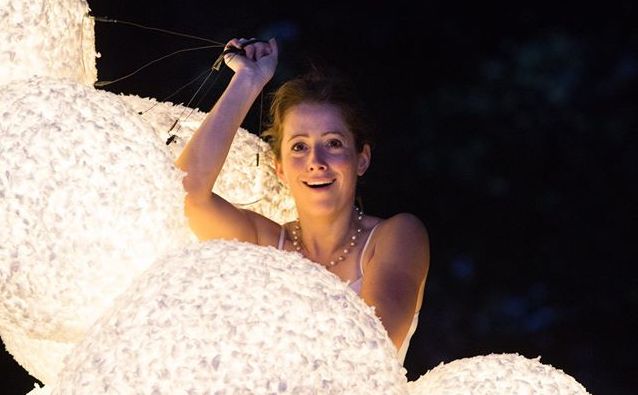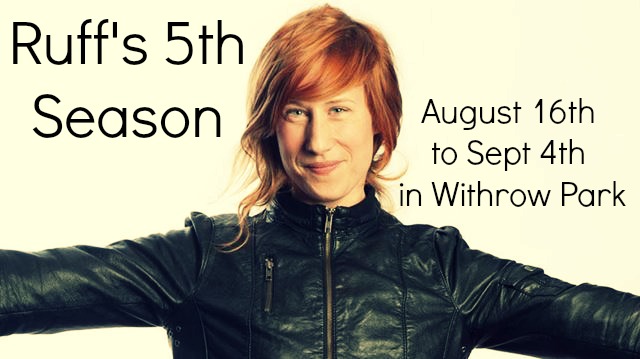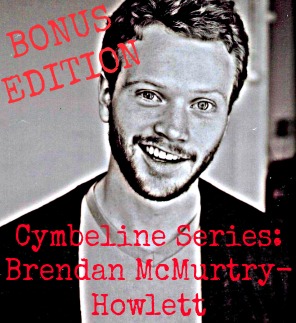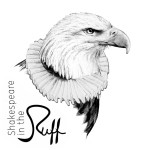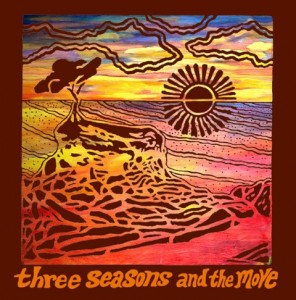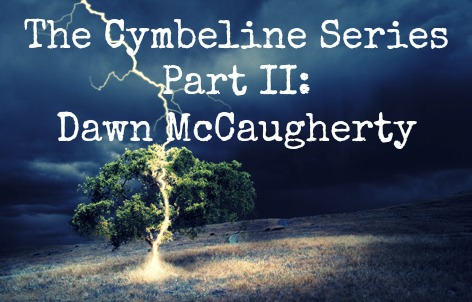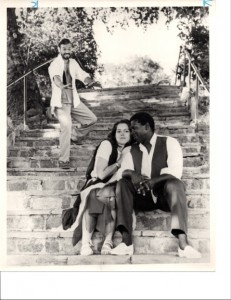I believe that Shakespeare wrote many compelling female roles, and Portia, in Julius Caesar, is one of them. Her brief time on stage belies a rich and fascinating off-stage life that surfaces in unforgettable flashes: a self-inflicted wound to prove her metal, an a-typical devotedness between her and her husband, and the act of taking her life by ‘swallowing fire’. Some argue that she actually swallowed hot coals…who does that?
These flashes spark my imagination, but don’t satisfy my desire to really know this woman. And Calpurnia, the only other female character in the play, is even more elusive – a part that’s as thankless as it is brief. In considering this epic moment in Roman History, when the governance of their society changed forever, I quickly began to wonder what other women might have played a role in these events, and how they were affected by the assassination of their leader.
And there was born the idea for Portia’s Julius Caesar (PJC), which is a version of the story told from a female perspective. Portia and Calpurnia are best of friends, both grappling with different stages of motherhood. A new character, Servilia, is a key player too, maneuvering from behind the scenes, spurring on her son Brutus and her son-in-law Cassius to stop Caesar. Cleopatra, who is in Rome at the time of Caesars’s assassination, living lavishly as his Mistress, is caring for their new baby boy. Shakespeare doesn’t include her in his Caesar, clearly imagining a bigger role for her later, but come on, what a missed opportunity, Bill! Both the Soothsayer and Casca, now a Courtesan, are re-imagined as women in this version, and we also meet four Washer Women, whose stories intertwine with the fates of those who own them.
I’ve taken some liberties with historical timelines and filled in many blanks myself, as very little is known about the lives of women in that time (much to no one’s surprise). But as Shakespearean scholar, Stephen Greenblatt writes in his book, Tyrant, when it came to History, “Shakespeare felt comfortable trimming and making changes whenever it suited him…in order to produce more compelling and pointed stories.”
The plot of PJC still focuses on the conspiracy to assassinate Caesar and the inevitable fall-out, but tells it from a different perspective. In re-framing this story, I wanted to keep certain scenes from Shakespeare’s Caesar that I felt were vital – the bones of the play, so to speak, that would be fleshed out with new or borrowed writing. Those were the scenes that included the women (3 of 18 scenes), the Funeral scene (having once played Marc Antony, in an all-female production of Julius Caesar, I knew first hand the power of this writing, thank you, I’ll take that), and the tent scene between Brutus & Cassius (at least part of it…why is that scene so long?!). Others have also made the cut, been re-attributed, or scavenged for their plot points and reassigned to other characters.
Once the arch of these characters felt solid, I began imagining the scenes between them. As I wrote my own text in verse, I called upon Shakespeare’s writing to help me: long passages, single lines, and images have all been pilfered from Shakespeare’s works to enrich my own using text from 17 of his plays, 4 sonnets, and 1 poem. There’s not a ton of Shakespearean writing about getting your period, the difficulty of breast feeding, or being ‘the other woman’, but the themes of loss, isolation, and betrayal are everywhere, and were easily re-contextualized in those moments.
Now let me be clear, I’m not advocating for re-writing all of Shakespeare, but I am advocating for taking liberties, reimagining, and audaciously shaking things up. His plays don’t always reflect a world that I feel good about putting on a stage, in a public space, in Toronto, because perpetuating an archaic status quo does no one any good.
But I have to give credit where credit is due, Will’s been a great collaborator, and in the end, contributed to about half of the play. The other half is my nine month exploration of writing in iambic pentameter. It’s nowhere as complex, poetic, or inventive as Shakespeare’s, but it accomplishes what I set out to do: explore the agency of the women behind Shakespeare’s greatest political thriller and the effect of those choices on their lives. After all, if Portia – this strong, brave, and compelling character – did in fact swallow fire, then I want to go on that journey with her and discover why.
-Kaitlyn Riordan
*The link below is a scene from Portia’s Julius Caesar that shows how Shakespeare’s writing is interwoven with new text


